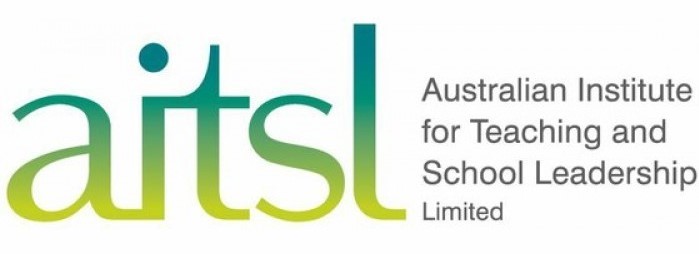

Hello! I'm a recently graduated secondary school Mathematics teacher in New South Wales. I’m an Indo-Aussie-American and love travelling.
I was a software engineer for three years, equipping me to shed light on STEM careers for students. I got my Bachelor’s in Computer Science at Carnegie Mellon University where I led a seminar on algorithms for Year 8 girls.
I was an Student Learning Support Officer at Arthur Phillip High School, where I supported students with disabilities to remain on-task and explained the work / tutored them as necessary. I'm currently a Casual Relief Teacher there.
I have studied behavioural interventions and know about counselling principles like dialectics, correcting cognitive distortions, and mindfulness.
Teaching Ethos
When teaching, I tend to frequently use metaphors. They are my bread and butter, meta intended. I find that metaphors help ground unfamiliar concepts in the known world. I am particularly fond of metaphors that draw on real-world objects, which many people find easier to deal with than abstract ideas.
I put much stock in the Socratic method. It can be time consuming, but is much more evocative than explicit instruction. There is a sense of achievement and euphoria when one has a breakthrough in understanding a concept, and that comes through following one's own reasoning rather than someone else's. Strong emotion is a powerful aid to memory, and I would prefer students have positive emotions associated with school rather than negative. In my own life, the moment of epiphany has been a strong motivator for learning and I positively bubble with delight when I can share this passion with others.
When I tell others I'm a teacher, I frequently hear how a specific teacher had the effect of making or breaking their school experience. I was called the "friendliest Computer Science major" in undergrad, a trait which is partly why I left the lonelier career of software engineering for the people-centric career of teaching. I thrive on connection and believe that a student's relationship with their teacher forms the foundation of their relationship with the subject.
I believe that "below-average" students do not receive the attention they deserve. In what is known as the Pygmalion effect, the expectations of teachers often impact student performance, creating a self-fulfilling prophecy. More successful students often receive positive attention from teachers, thus generating a feedback loop based on early student performance. But early indicators should not be a student's destiny. It's my goal to see each student’s potential and find ways to focus on each individual, as daunting as it seems.
A goal of mine is easy sharing of resources among teachers. To that end, I am compiling a Resources List. I am soliciting contributions of links, with a brief description. If you'd like to share a link, please do drop it in this Google Form.
